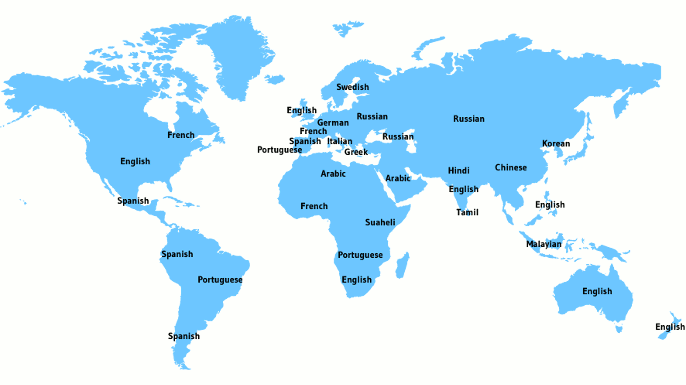Topics:
- Pluricentric Languages in the Americas.
- The localisation of Global Media in Pluricentric Language Areas.
- Pluricentric Languages Worldwide.
This conference builds on the results of previous eight conferences and workshops held in Graz (2011), Salamanca (2012), Guilford (2014), Graz (2015), Mainz (2017), Nitra (2018), Graz (2019) and Stockholm (2019) as can be seen in the eight published volumes (see website), explored the field, defined the scientific terminology associated with the descriptions of pluricentricity, described the current situation of non-dominant standards in languages of four continents and discussed sociological, educational and cultural implications of managing language standard systems.
The main objective of the 9th WGNDV-conference is to further deepen the already available knowledge about pluricentric languages and to welcome scholars from all over the world to provide an insight into the linguistic situation and the specific characteristics of as many pluricentric languages and their varieties as possible.
Section (1): Pluricentric languages in the Americas:
- The 9th International Conference on Pluricentric Languages (PCLs) and their Non-Dominant Varieties will specifically deal with PCLs in the Americas such as: Aymara, Dutch, English, French, Guarani, Spanish, Papiamento, Portuguese and Quechua.
- Apart from these, there is a large number of indigenous languages that might be pluricentric but have not been researched so far . Examples are: Miskito (Honduras, Nicaragua), Guaymí/Ngäbere (Panama, Costa Rica), Kʼicheʼ(Guatemala, Mexico), Kichwa (Ecuador, Colombia) etc.
- The conference organisers would be particularly happy to welcome scholars working on indigenous languages of the Americas checking their status as a PCL and presenting their results at this conference.
Section (2):The localisation of global audiovisual and print media in pluricentric language areas:
- Streaming platforms like Disney+ and Netflix have come under criticism because of the limited language versions they offer. They often own the translations of their content, but for some reason lack the sociolinguistic knowledge of the language situation in the markets they try to reach with their content. For instance, no Catalan version was available on Disney+ Spain. Similarly, on Disney+ Belgium, no Belgian Dutch dubbed versions were available. In Austria too, streaming platforms often do not offer the Austrian German versions. These localised versions are available, however, and could technically speaking simply be included in the language settings.
- The same applies to audiobooks, podcasts and other audio material as well as in printed children books that are often only available in the language versions of the dominant variety of pluricentric languages. The same applies to the language versions of cartoon series like Peppa Pig , audio players (Toniebox) and audio materials used that are only ailable in the language versions of the dominant variety and massively influence the early language acquisition. Parents of small children in Austria for example complain that they often cannot read children books from Germany to their children without translating many words as the original ones are not in use in Austria.
- We are looking forward to receiving papers on this highly topical issue including papers dealing with language policy and language acquisition in pluricentric languages, particularly in the non-dominant varieties. Further research needs to be done into how such language contact situations through audiovisual media with the dominant varieties affect language acquisition in early childhood.
Section (3): General section — Pluricentric languages worldwide:
- In this general section, we are looking forward to papers about PCLs in the regions of the world other than in the Americas.
- It is also possible to establish subsections if there are enough presentations.
Submission of abstracts:
- Length of abstracts: 1-2 pages A4. The abstracts should indeed be longer than usual and outline details of the content of presentation in order to compensate for the short presentation time. The abstracts must be written in English.
- Submission of abstracts: Abstracts must be submitted via the entry form which can be downloaded from the conference homepage. (Download the abstract entry form here)
- Abstracts must then be sent as attachment to the following email address: [email protected]. Please write “Abstract submission for 9th WCPCL” in the subject line.
Important dates:
- Deadline for submission of abstracts – June 15, 2021.
- Announcement of results of abstract evaluation – July 10, 2021.
- Deadline for submission of recorded presentation – August 10, 2021.
A selected number of articles will be published in PCL-Press (https://pcl-press.org) in one or more volumes thematically aligned with the main themes of the conference. Deadline for submission of papers: December 15, 2021. All submissions will be peer-reviewed.
Registration fees:
- Employed academics – € 45.
- Students – € 25.
- Non-presenting participant – € 30.
Languages:
The official languages of the conference will be English, Portuguese and Spanish. Additionally, the languages of the sessions relating to specific languages can be used, if there are enough presentations to establish a session in this language.
